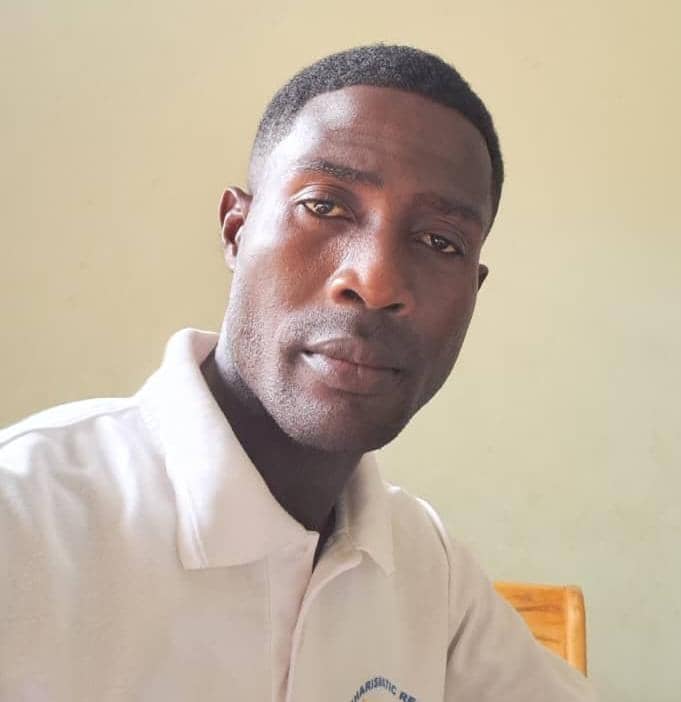Dr. Jude Afoakwa, a prominent herbal medicine practitioner and CEO of Nhyiraba Afoakwa Herbal Centre in Ghana’s Ashanti Region, has issued a compelling call to the government to recognize and invest in the vast potential of the herbal medicine industry. He argues that this often-overlooked sector holds the key to unlocking significant economic growth, generating substantial employment opportunities, particularly for the youth, and improving overall health outcomes within the nation. Dr. Afoakwa’s plea centers on the need for governmental support to propel the industry forward and enable it to reach its full potential. He believes that with adequate investment, herbal medicine can become a cornerstone of Ghana’s socioeconomic development.
Dr. Afoakwa expresses deep concern over the lack of government support for herbal practitioners, despite the demonstrable efficacy of their treatments. This neglect, he argues, has hampered the growth and professionalization of the industry, creating a vacuum that allows unqualified individuals, posing as herbalists, to exploit vulnerable individuals. These “fake herbalists,” lacking formal training and operating without adherence to established standards, not only tarnish the reputation of genuine practitioners but also erode public trust in the effectiveness of herbal medicine. This undermines the potential of a valuable healthcare resource and perpetuates a cycle of misinformation and distrust.
A member of esteemed traditional medicine associations in Ghana, Dr. Afoakwa emphasizes the global recognition of herbal medicine’s therapeutic value. He points to the industry’s potential to address a wide range of health conditions prevalent in society. Furthermore, he highlights his own contribution during the COVID-19 pandemic, where he trained numerous herbalists to support the national response to the health crisis. This example underscores the significant role that a well-trained and supported herbal medicine sector can play in bolstering public health infrastructure and responding to national health emergencies. He advocates for the establishment of dedicated institutions for herbal medicine, providing standardized training and education to ensure practitioners are equipped with the necessary knowledge and skills to produce safe and effective remedies.
Dr. Afoakwa envisions a future where Ghanaian herbal medicine meets international standards, paving the way for the export of high-quality herbal products. This, he believes, would generate substantial foreign income, contributing significantly to the national economy and creating sustainable employment opportunities, particularly for the youth. He criticizes practitioners who claim to derive their knowledge from dreams or ancestral guidance, emphasizing the importance of rigorous training and adherence to scientific principles for professional credibility within the field. He draws a sharp distinction between genuine practitioners, committed to scientific rigor and ethical practice, and those who exploit traditional beliefs for personal gain, thereby undermining the legitimacy of the entire profession.
The core of Dr. Afoakwa’s appeal is directed towards the incoming government, urging them to prioritize the needs of herbal practitioners. He calls for policies that empower and support the industry, enabling practitioners to operate effectively and contribute meaningfully to national development. He envisions a collaborative approach, where the government recognizes the value of traditional healing practices and invests in the necessary infrastructure, research, and training to elevate the herbal medicine sector to international standards. This, he believes, is crucial for fostering public trust and integrating herbal medicine into the mainstream healthcare system.
Dr. Afoakwa’s vision is one of a thriving herbal medicine industry, firmly rooted in scientific principles and traditional knowledge, contributing significantly to Ghana’s economic prosperity and the well-being of its citizens. He firmly believes that with the right governmental support, the herbal industry can become a cornerstone of national development, driving economic growth, creating sustainable jobs, and improving the health of the nation. He sees a future where Ghana becomes a leading exporter of high-quality herbal products, generating much-needed foreign revenue and positioning the country as a hub for traditional medicine research and development. His call to action is a plea for recognition, investment, and collaboration to unlock the untapped potential of this vital sector.


